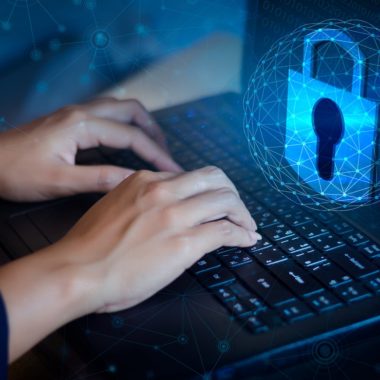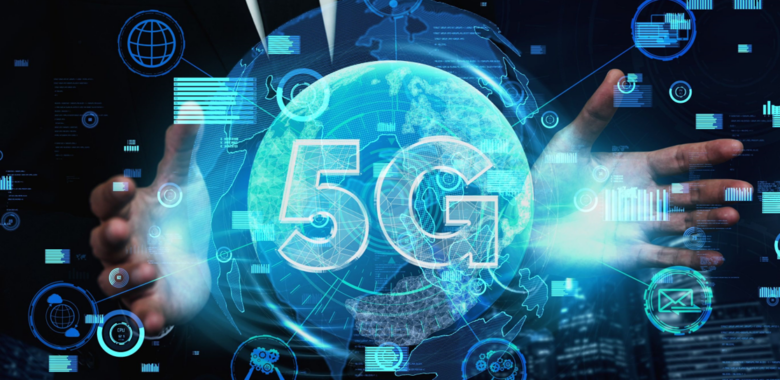In the midst of this pandemic, our thoughts go out to everyone who has been affected by the virus, whether directly or indirectly. By now, it is clear that we are facing a hugely challenging time with a great deal of uncertainty around the globe. As a global business we have a clear responsibility to protect all our employees and stakeholders to do our part in combatting the spread of the virus. We are closely monitoring the development of the pandemic and listening to government and health bodies to make sure we are fully compliant with all guidelines in place.
It is certainly not business as usual. Nonetheless, it is crucial that we work more closely than ever with our customers and partners, listen to their concerns and adapt together. We have been addressing these areas of growing importance since many of us started working remotely, for instance helping our customers put in place strong digital identification systems. Companies must be sure that their employees are who they say they are when logging into work servers, among other things. We have already seen industries such as banking, which has traditionally relied on physical IDs to authenticate customers and employees, undergoing a radical transformation and adapting to the new normal in order to provide secure services for everyone involved.
In this video, Thales digital identity expert Raphaël de Cormis explains why being able to securely identify people online is so important.
One of the most malevolent issues to come out of the pandemic is the rise of hackers and other malicious actors who are unfortunately taking advantage of the current situation by looking for ways to compromise companies’ IT systems and get access to valuable data. They are using the pandemic as an opportunity to carry out targeted cyberattacks, so now more than ever should companies stay alert of the increasing cyber-risks and take actions to protect themselves.
As a direct result of this, it is imperative that we remain informed and vigilant, educating ourselves about what methods these people are most commonly using. For instance, it was reported by the BBC that Google is having to block over 18 million coronavirus phishing attacks every day. By understanding what signals to look for, companies can better train their workers about warning signs and avoid disruption to their remote operations.
To explain this in more detail, one of our specialists explains the cyber risks linked to the Covid-19 crisis and discusses how we can protect ourselves.
For healthcare businesses and professionals, the lockdown has presented a series of challenges with regards to patients with chronic health problems. Obviously, doctors want to be able to monitor their patients to keep track of their vital signs but they need to do it by avoiding these people physically coming in hospitals and surgeries, where they could get exposed to complication risks from the virus.
This is where IoT devices can help. These smart pieces of equipment help doctors to track the vital signs of patients from afar, allowing them to make decisions on medication without having to come into physical contact. Medisanté CEO and Thales partner, Gilles Lunzenfichter, explains how IoT tech makes people’s lives easier and healthcare more accessible during a time when we are homebound here:
We hope these videos have been useful in explaining how we are using our technological expertise to aid the health sector and other industries during these challenging times. We also want to thank those who are safeguarding our communities and assisting in recovery, your service is greatly appreciated!
See additional ways Thales is providing help during this pandemic.



